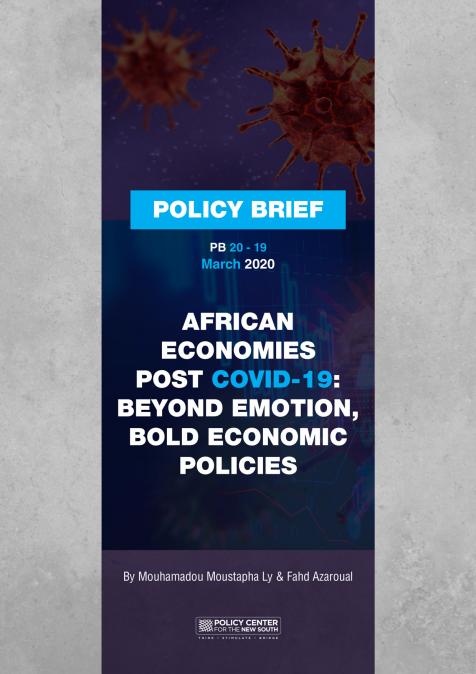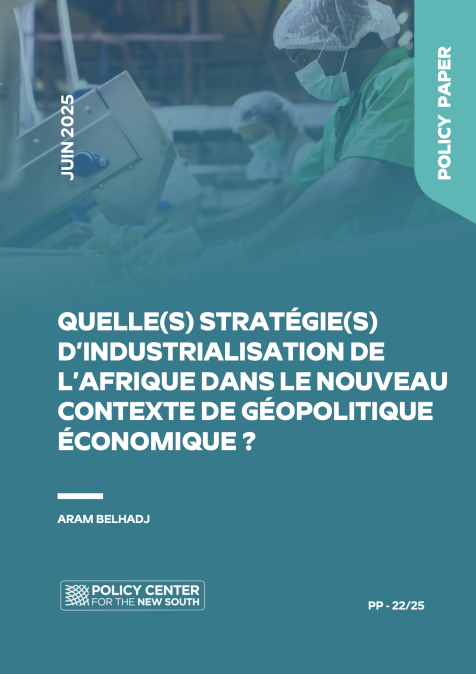Publications /
Policy Brief
Covid-19 has a far-reaching impact and is imposing a slowdown on the world economy, raising fears of the worst consequences on production, jobs and the immediate future of developing economies. Fiscal and monetary authorities around the world are engaging in policies to support their economies with unprecedented funds and initiatives. The African continent, also affected by the pandemic, is pursuing courageous economic (fiscal and monetary) policies, but the main question is what new directions should be given to these economic policies once the pandemic has been brought under control and health measures (e.g. containment) have been lifted? In this regard, we strongly recommend that governments continue their investment efforts in order to accelerate the closing of the infrastructure gap, which is decisive for the continent’s economic growth. Employment and employability will therefore be important levers and governments will have to stimulate them to support the new post-Covid-19 economy. The post-Covid-19 period will undoubtedly be an era marked by significant financing needs on the part of governments and large companies, which will mean a high risk of exclusion of SMEs/SMIs from the credit market. Consequently, central banks will have to put in place the right incentives to encourage the banking system to provide credit to African SMEs/SMIs, which are the cornerstone of any development policy.










